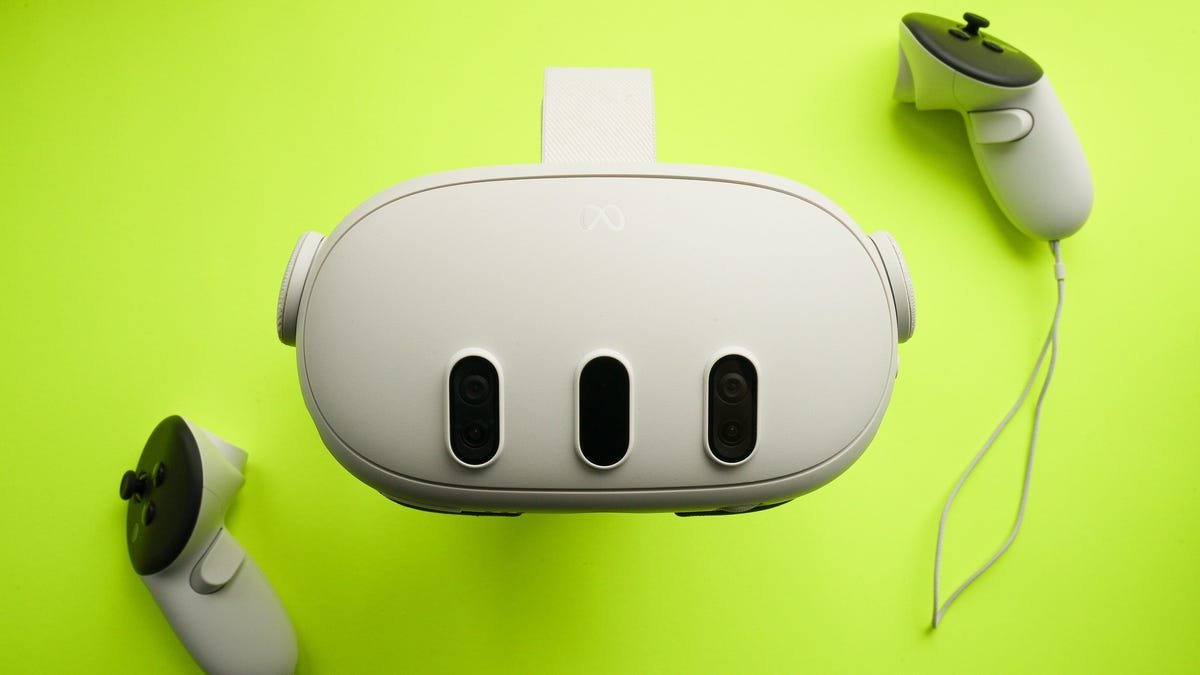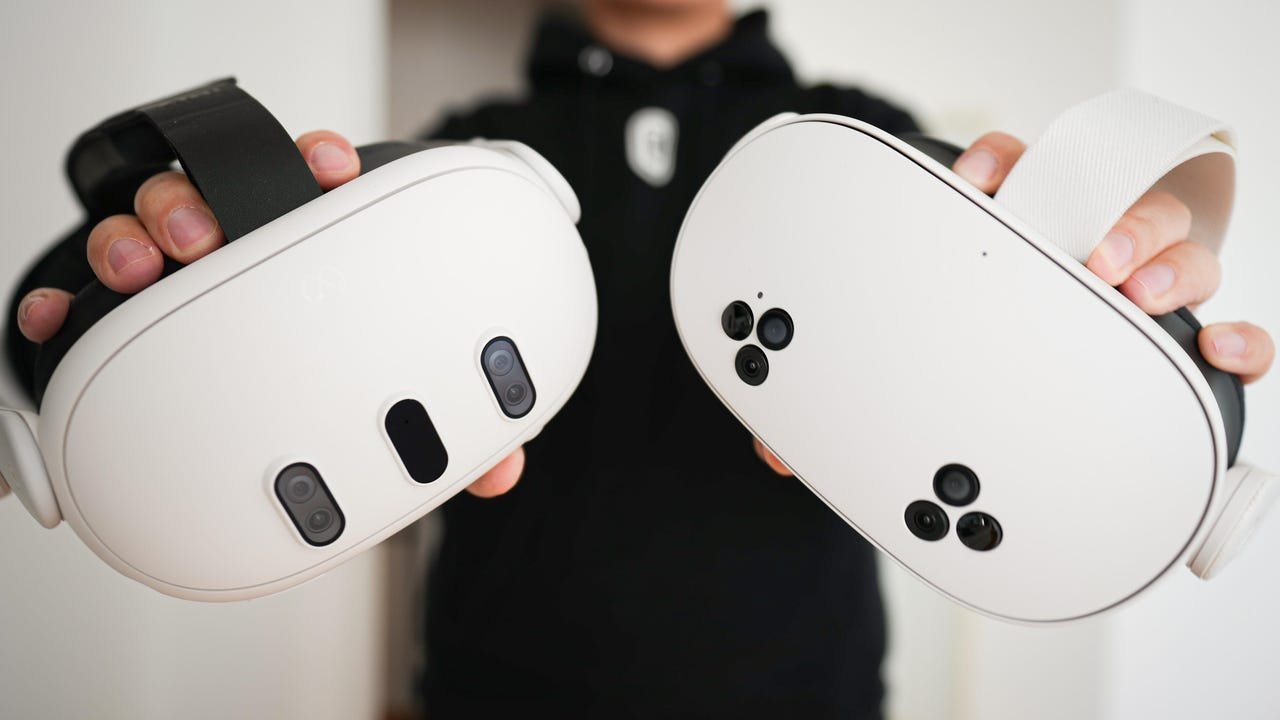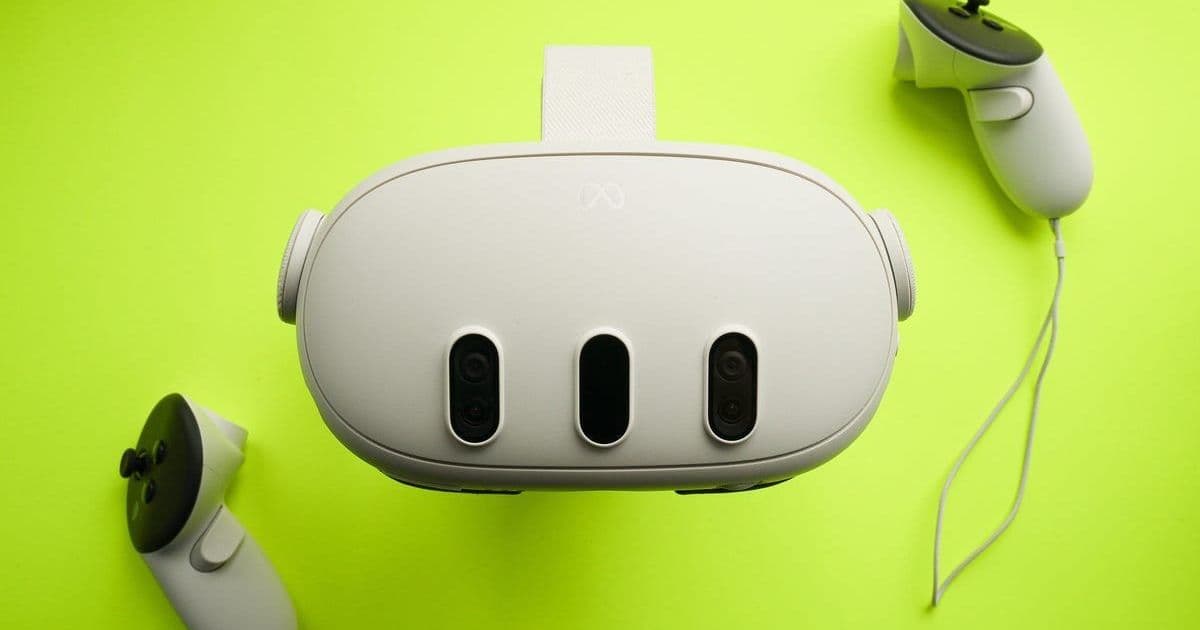Meta's surprise Quest update introduces Horizon TV for Dolby-enhanced streaming, an AI-powered creative suite for building virtual worlds, and Gaussian splatting room replication—transforming headsets into indispensable tools for developers and creators. These features signal Meta's aggressive push beyond gaming into immersive productivity.
At Meta Connect 2025, the spotlight might have been on smart glasses, but the stealth stars were three free upgrades for Quest headsets that fundamentally expand their utility—especially for developers and content creators. While Ray-Ban collaborations grabbed headlines, Meta unveiled Horizon TV, Horizon Studio, and Hyperspace Capture, each leveraging cutting-edge tech to turn VR from a consumption device into a creation engine.

Horizon TV: A Cinema-Grade Streaming Hub
Meta's new Horizon TV centralizes streaming giants like Netflix, Disney+, and Hulu within Quest, but the real innovation is its cinematic ambitions. Support for Dolby Atmos and Vision (rolling out later this year) means creators can experience reference-quality audio-visual fidelity—critical for designing immersive environments. Exclusive 3D effects for films like M3GAN hint at Meta's partnerships with studios like James Cameron's Lightstorm, aiming to make VR a premier venue for narrative experiences. This isn't just convenience; it’s a play to attract filmmakers and audio engineers experimenting with spatial storytelling.
Horizon Studio: Generative AI for Virtual Worldbuilding
The standout for developers is Horizon Studio, a generative AI editor integrated into Meta Horizon Worlds. Using natural language prompts, creators can instantly generate complex assets—from UFC octagons to underwater ecosystems—or modify AI-driven NPC behaviors. Imagine instructing, "Add a stormy sky to this medieval village," and watching the environment dynamically adapt. This democratizes 3D design, reducing hours of manual labor to seconds. For indie devs, it lowers barriers to prototyping, while enterprises gain tools for rapid virtual workspace iteration. Meta’s bet is clear: AI-assisted creation will fuel the metaverse’s content drought.
Hyperspace Capture: Gaussian Splatting for Real-World Replication
Exclusive to Quest 3 and 3S, Hyperspace Capture uses Gaussian splatting—a point-cloud rendering technique—to scan physical spaces into static digital twins. Unlike Apple’s spatial photos, Meta’s implementation creates navigable replicas in minutes via headset cameras.  For architects or game designers, this means instantly importing real-world settings into VR for modification. The precision (reportedly surpassing competitors) showcases Meta’s edge in spatial computing, though the static nature limits real-time interaction—a nod to current hardware constraints.
For architects or game designers, this means instantly importing real-world settings into VR for modification. The precision (reportedly surpassing competitors) showcases Meta’s edge in spatial computing, though the static nature limits real-time interaction—a nod to current hardware constraints.
Why This Matters Beyond the Hype
Meta’s trifecta targets a strategic gap: VR’s shift from gaming to holistic platforms. Horizon TV courts media partners, Horizon Studio empowers creators with AI co-piloting, and Hyperspace Capture bridges physical/digital realms. For developers, this signals richer SDK integrations ahead, while tech leaders should note Meta’s emphasis on creator ecosystems as critical to VR adoption. As generative AI reshapes tools like Unity, Horizon Studio could become a sandbox for tomorrow’s spatial computing workflows—proving that Meta’s quietest updates often speak loudest.
Source: ZDNET

Comments
Please log in or register to join the discussion